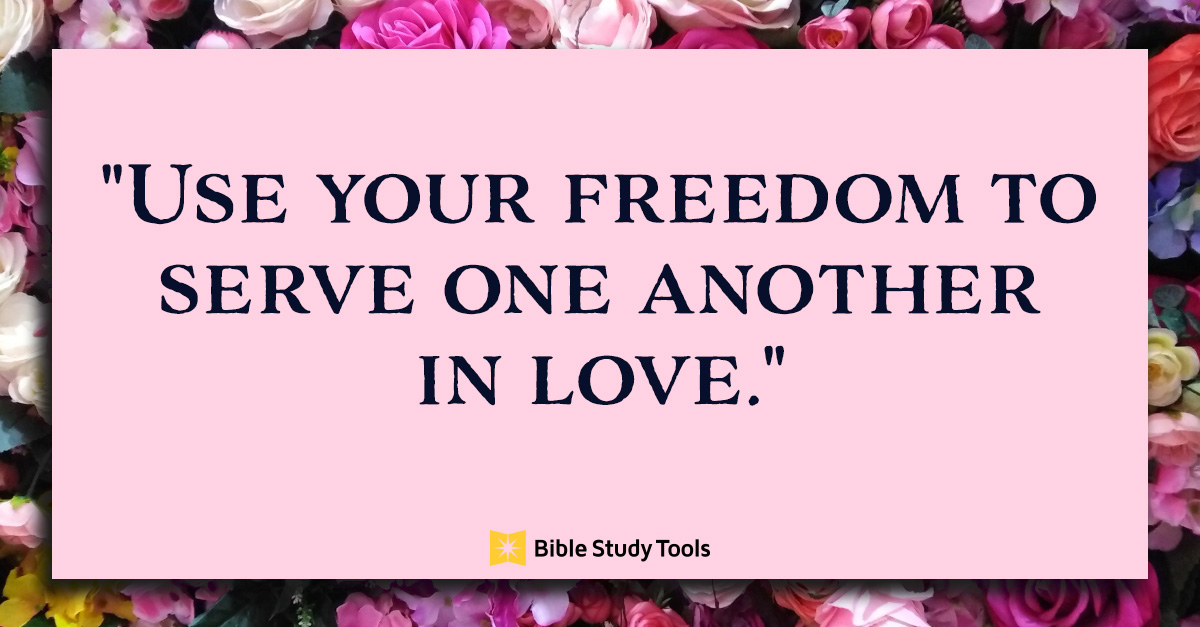What Would Jesus Say about All the Confrontation Today?

Confrontation. Disgruntled looks. Uncomfortable emotions. One person feels wronged, while the other feels right. Soft words turn into a shouting match. In the end, both people walk away displeased.
That’s one way to view confrontation.
Another way would be a calm conversation leading to mutual understanding, a display of compassion, and plenty of forgiveness. Instead of walking away, two people draw closer together.
The word confrontation creates a different image depending on the person who hears. What do you imagine when you hear the word confrontation?
Confrontation may feel uncomfortable for some, but conflict is a part of life. Sometimes we will be on the receiving end of conflict, sometimes we will be the initiators.
You might be wondering why conflict is a part of life at all. Sadly, sin exists in this fallen world.
I have told you these things so that in me you may have peace. You will have suffering in this world. Be courageous! I have conquered the world. – John 16:33
While problems are unavoidable, we do have a choice in how we respond. We can always choose to ignore problems, though that in itself is not a solution. An employee who steals, a partner who habitually cheats, will continue their behavior without being confronted.
The act of confrontation allows us to actively solve our problems with others.
And let’s be clear, we need to be confrontational with ourselves too, confronting habitual sins like lying or addiction.
Jesus was no stranger to confrontation, whether he was dealing with people in the church or admonishing individuals to confront their own sin. There’s a strategy to effective confrontation, and thankfully, Jesus provides us with a great example.
Here are three lessons to learn from Jesus about confrontation:

Lesson 1: Be Loving
The first and essential lesson to learn from Jesus about confrontation is to always approach people with a loving attitude.
Maybe you are right, and the other person is wrong. Should you shame them for their wrong behavior or can you instead express concern so that they can correct their wrongdoing?
Letting people know how they made you feel is a great way to take ownership of your feelings. But in the process, don’t belittle them by telling them they’re a bad person. Doing so will only make them feel attacked.
If you have ever felt attacked, did you embrace the onslaught of words or did you get defensive?
In confrontation, being defensive is very easy, but when we are defensive we are no longer listening to the other person. We are protecting ourselves as though we are in a battle with the other person.
Jesus doesn’t approach us aggressively, and neither should we do that to others.
When they kept on questioning him, he straightened up and said to them, ‘Let any one of you who is without sin be the first to throw a stone at her.’ Again he stooped down and wrote on the ground.
At this, those who heard began to go away one at a time, the older ones first, until only Jesus was left, with the woman still standing there. Jesus straightened up and asked her, ‘Woman, where are they? Has no one condemned you?’
‘No one, sir,’ she said.
‘Then neither do I condemn you,” Jesus declared. “Go now and leave your life of sin.’ – John 8:7-11
There’s a lot to learn from the Pharisees in this story. When they caught a woman in the act of adultery, they brought her out into the public, shaming her for her sins and contemplating on stoning her. Imagine how vulnerable she felt.
Not only did she sin and reap a consequence, but her consequence was public. She was going to literally be attacked.
Jesus witnessed this happening. He chose not to participate in the public-shaming, while also not ignoring the woman’s wrongdoing.
He confronted her, but he did so lovingly. There was no condemnation for her. Instead, he offered love and admonished her to sin no more.

Lesson 2: Always Forgive
Jesus knew everything there was to forgiveness. He died so that the Father would forgive humanity for its sin nature. He also left us, his disciples, with such teachings on forgiveness:
Then Peter approached him and asked, ‘Lord, how many times must I forgive my brother or sister who sins against me? As many as seven times?’
‘I tell you, not as many as seven,’ Jesus replied, ‘but seventy times seven.' – Matthew 18:21-22
Confrontation within the context of any relationship involves forgiveness. Family, friends, partners, coworkers, everyone will at some point do something offensive. Whether they do so intentionally or not, in order for the relationship to overcome any problem, forgiveness will have to be extended to the other person.
Forgiveness does not equate to forgetfulness. If confrontation has occurred because someone has been physically or emotionally abused, then boundaries are appropriate to set.
The truth is that all humans sin. Thus, all people will mess up eventually in some form or fashion. When we decide to exercise forgiveness, we don’t hold the wrongs and disappointments of others over their heads. Instead, we choose to see them in a better light.
Jesus has chosen not to dwell on our faults. He has chosen to love us far more than we deserve.

Lesson 3: Be Angry, But Sin Not
Jesus went into the temple and threw out all those buying and selling. He overturned the tables of the money changers and the chairs of those selling doves. He said to them, ‘It is written, my house will be called a house of prayer, but you are making it a den of thieves!’ – Matthew 21:12-13
Jesus was angry at the temple. God too has been angry with His people time and time again.
Yet, with that anger comes love and forgiveness.
Anger is not an unfamiliar emotion to God. Remember, we are made in His image (Genesis 1:27). Emotions are his gift.
One thing I have learned about emotions is that they are neutral. Emotions like happiness are often labeled as “good” and mad is labeled as “bad.” Yet, there exists someone who is happy when they shoplift shoes from the store. And there is another person who gets angry whenever they see someone getting bullied.
Emotions are neutral. While you may feel anger during a confrontation, that anger should not lead you to sin against anyone. It should not spur you to act with violence, or spit slander.
Here are positive ways to handle anger that have aided me:
- Remind yourself of the person’s good qualities
- Slow down while speaking
- Pray before confrontation (and after)
- Discuss the problem sooner rather than later
Ideal Confrontation
While some people will never grow used to being in the midst of conflict, we will all initiate or be on the receiving end of confrontation at some point in our lives. What we choose to do when confrontation finds us will make the difference between an improved relationship or a broken relationship.
When we choose to be more like Jesus we aim and strive for improvements.
When all is said and done, positive words can make for a closer bond to the other person, and a tighter bond with God.
Recommended for You:
What Did Jesus Write on the Ground?
How to Get Along with Difficult People (Including Your Family)
Ways Christians Can 'Love One Another' Well Today
7 Essential 'One Another' Ways to Reveal Jesus' Love
3 Powerful Prayers to Overcome Anger and Resentment
Photo Credit: ©GettyImages/koyu

Get in touch with him at aarondanthony.com and check out his debut short story anthology Honey Dreams on Amazon and Barnes and Noble.
Originally published October 05, 2020.







